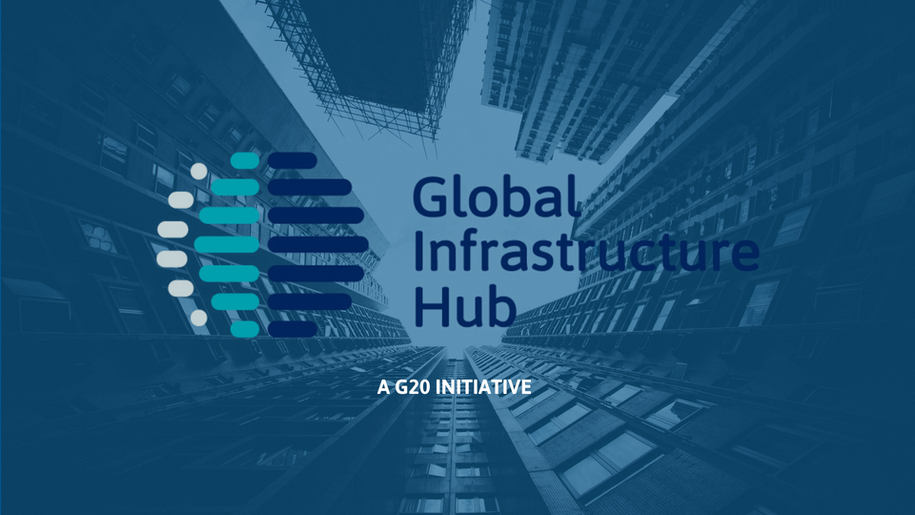930 results found
Featured results



More results
The report “Making Blended Finance work for the SDGs” supports the OECD DAC blended principles for unlocking commercial finance for SDGs and further sharpens their focus on the deployment of development and commercial finance on the objectives of development.

While the infrastructure financing gap is huge, one of the main constraints to infrastructure development is not a lack of finance, but instead, a lack of well-prepared, bankable infrastructure projects.
The study analyses gaps and trends in investment infrastructure in the Western Balkans.

This report draws from interviews from coding bootcamps to understand why less women attend coding bootcamps, and strategy on how policy makers can achieve a higher ratio of women in these bootcamps.

The purpose of the Guide to Procurement (the Guide) is to inform the Promoters of a project whose contracts are financed in whole or in part by the European Investment Bank.

This paper introduces the Smart Region Index to assess local infrastructure gaps in Central, Eastern and South-Eastern Europe (CESEE) regions compared with the EU.

With a growing global focus on attracting private sector investment into infrastructure and utilising the public-private partnership (PPP) model, it is crucial that governments focus on the entire duration of a PPP contract. Efforts need to extend beyond ‘achieving financial close’ and beginning construction or ‘cutting the ribbon’ for commencement of services.
This brief outlines how better crash data can be used to improve road safety




This publication from the IADB his publication covers PPPs with a focus on the implications for public finances in developing economies.
Risks can be hard to define, manage and mitigate. In infrastructure projects that cross regional or national borders and involve multiple parties from both the public and private sector, these risks may be amplified.
Investors need certainty of the division of responsibilities between the various parties involved in the project, as well as a clear commitment of payment from the parties, before becoming involved in the project themselves. This requires countries to have reached a clear and durable commitment to their respective responsibilities.

Talk of trade tariffs and heightened geopolitical tensions are dominating news headlines recently. As developed economies consider escalating protectionist policies, it’s easy to forget about the situation many emerging markets face.

This report provides a comprehensive overview of digital transformation in Russia, including chapters on the general digital economy in Russia, the global best practice for enhancing digital platforms in Russa and boosting digital innovation.

As outlined earlier in this blog series, private investors are looking for reliable returns to justify the risks that they are taking. Financing and procurement of cross-border projects will often be more complex than national projects due to the scale of the project and compounded risks, and the financial returns may be more uncertain than for national projects.
The Financial Stability Board (FSB) have published a consultation report on the Evaluation of the effects of financial regulatory reforms on infrastructure finance.
On 22 July, at their meeting in Buenos Aries, the G20 Finance Ministers and Central Bank Governors voted to renew the mandate of the Global Infrastructure Hub for another four years.



 Initial Report
Initial Report










